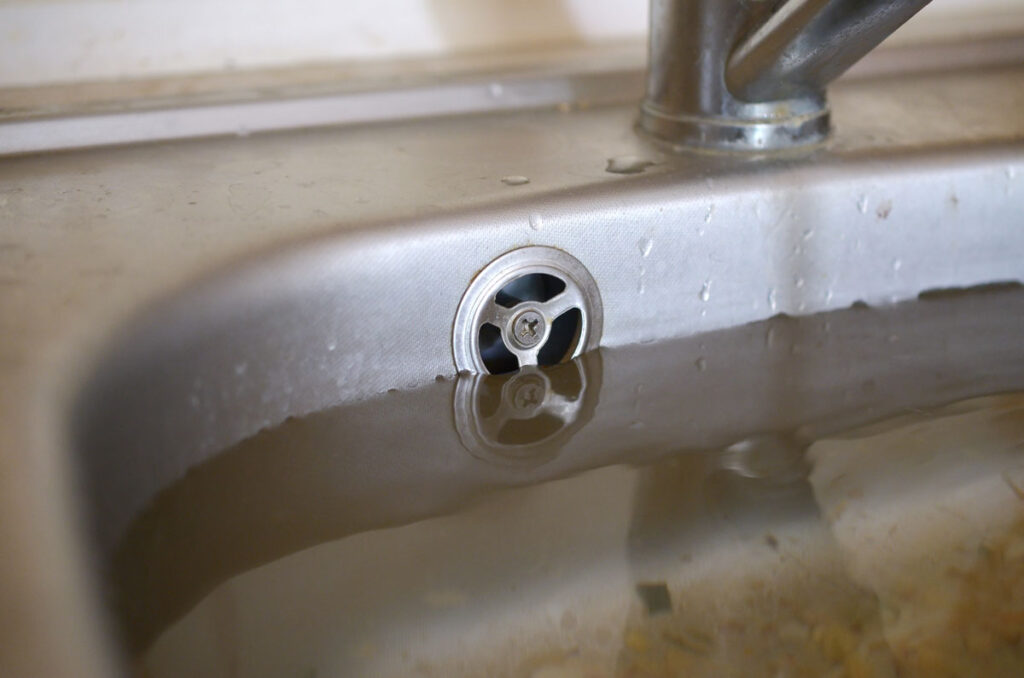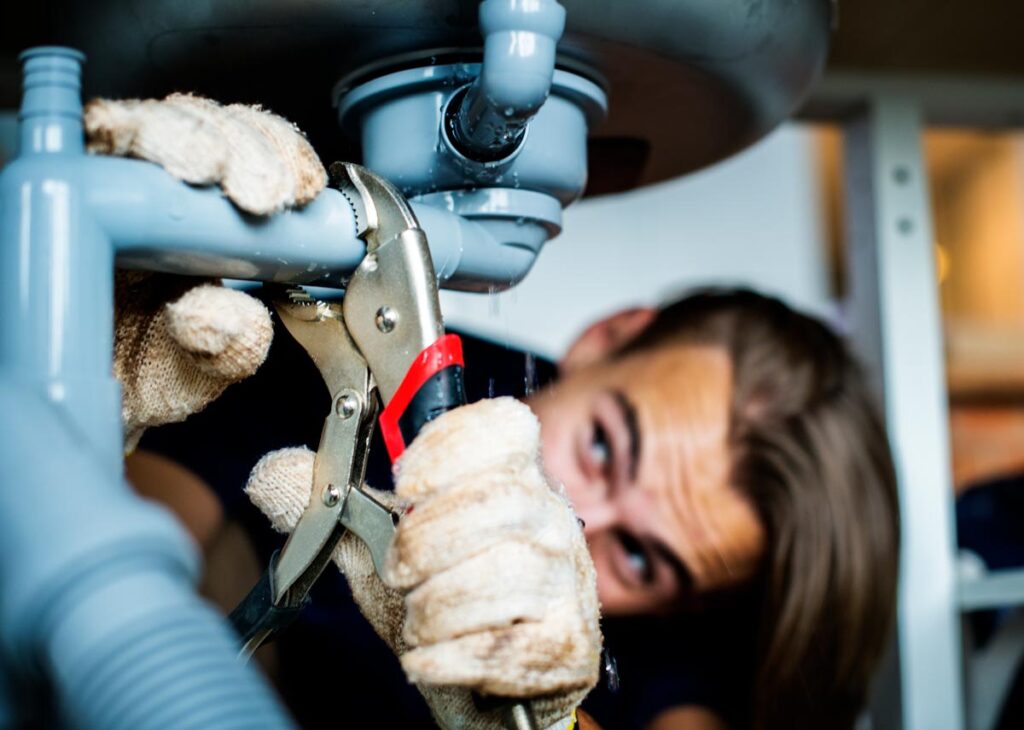Plumbing Emergency Tips: What You Need to Know

When it comes to home maintenance, a few situations can be as stressful and potentially damaging as a plumbing emergency. Whether it’s a burst pipe flooding your basement or a severely clogged toilet threatening to overflow, these unexpected issues can wreak havoc on your property and disrupt your daily life. That’s why being prepared for plumbing emergencies is crucial for every homeowner.
Quality Plumbing has helpful and essential plumbing emergency tips that can help you minimize damage, save money, and maintain your peace of mind when faced with unexpected plumbing disasters.
[Related: Common Problems in Plumbing]
Plumbing Emergency Tips: Identifying Common Problems
Before diving into specific plumbing emergency tips, it’s important to recognize the most common types of plumbing emergencies you might encounter. You might have a plumbing emergency on your hands if you discover either of the following on your property:
- Burst pipes: This is often considered the most severe plumbing emergency, as it can lead to extensive water damage in a short amount of time.
- Severe leaks: While not as dramatic as burst pipes, severe leaks can still cause significant damage if left unchecked.
- Overflowing toilets: This unpleasant situation can lead to water damage and potential health hazards if not addressed promptly.
- Sewer line backups: These can cause foul odors, water contamination, and potential health risks.
By recognizing the signs and symptoms of each issue, you can take swift action to mitigate damage and prevent further complications. It is essential to understand that the sooner you address a plumbing emergency, the less likely it is to escalate into a costly and time-consuming repair.
Essential Plumbing Emergency Tips

Now that we’ve identified common plumbing emergencies, let’s explore the most crucial plumbing emergency tips to help you handle these situations effectively. The first tip is to locate and shut off the main water valve. This simple action can prevent extensive water damage in cases of burst pipes or severe leaks.
After shutting off the main water supply, it’s crucial to turn off your water heater to prevent potential damage. Turning off the water heater prevents it from overheating or potentially exploding due to lack of water and helps conserve any remaining hot water for emergency use.
Once you’ve taken immediate action to prevent further damage, it’s time to evaluate the extent of the problem. To determine the severity of the problem, look for visible signs of water damage, such as pooling water or wet walls and floors, and listen for the sound of running water, which may indicate hidden leaks. The last plumbing emergency tip you should adhere to is attempting some temporary fixes on minor issues or while waiting for professional help.
[Related: Tankless Water Heaters vs. Traditional]
Plumbing Emergency Tips: Prevention
While knowing plumbing emergency tips is essential, preventing emergencies in the first place is even better. Proactive maintenance not only saves you from the stress and potential damage of unexpected plumbing issues but also helps extend the life of your plumbing system and can significantly reduce long-term costs. Here are some preventive measures to consider:
- Regular maintenance checks: Schedule yearly inspections with an expert plumber to catch potential issues early and regularly check visible pipes and fixtures for signs of wear and tear.
- Insulating pipes in cold weather: Use pipe insulation or heat tape to protect exposed pipes from freezing and bursting during winter months, and keep your home heated, even while you’re away, to prevent pipes from freezing.
- Avoiding flushing non-flushable items: Educate your loved ones about what can and cannot be flushed down the toilet, and provide proper disposal methods for items like wipes, feminine hygiene products, and dental floss.
- Being cautious with chemical drain cleaners: Limit using chemical drain cleaners, as they can damage pipes over time. Opt for natural alternatives or mechanical methods like plungers and drain snakes when possible.
While it’s crucial to be prepared with plumbing emergency tips, investing time and effort in prevention can provide long-term peace of mind and protection for your home’s plumbing infrastructure.
Plumbing Emergency Tips: When to Call a Professional
While some plumbing emergencies can be handled with DIY plumbing emergency tips, there are situations where professional help is necessary. Here are some signs that indicate you should call a plumber:
- Multiple clogged drains throughout the house
- Sewage odors or backups
- Persistent low water pressure
- Water discoloration or unusual tastes and odors
- Visible water damage on walls, ceilings, or floors
- Strange noises coming from pipes or appliances
At Quality Plumbing, we understand the stress and urgency of plumbing emergencies. While it is useful to know plumbing emergency tips to prevent minor issues from escalating into major problems, experts with experience can ensure your plumbing issues are resolved quickly and effectively.
Don’t wait for a plumbing emergency to strike – contact Quality Plumbing today to help you navigate any plumbing emergency with expertise and care.

